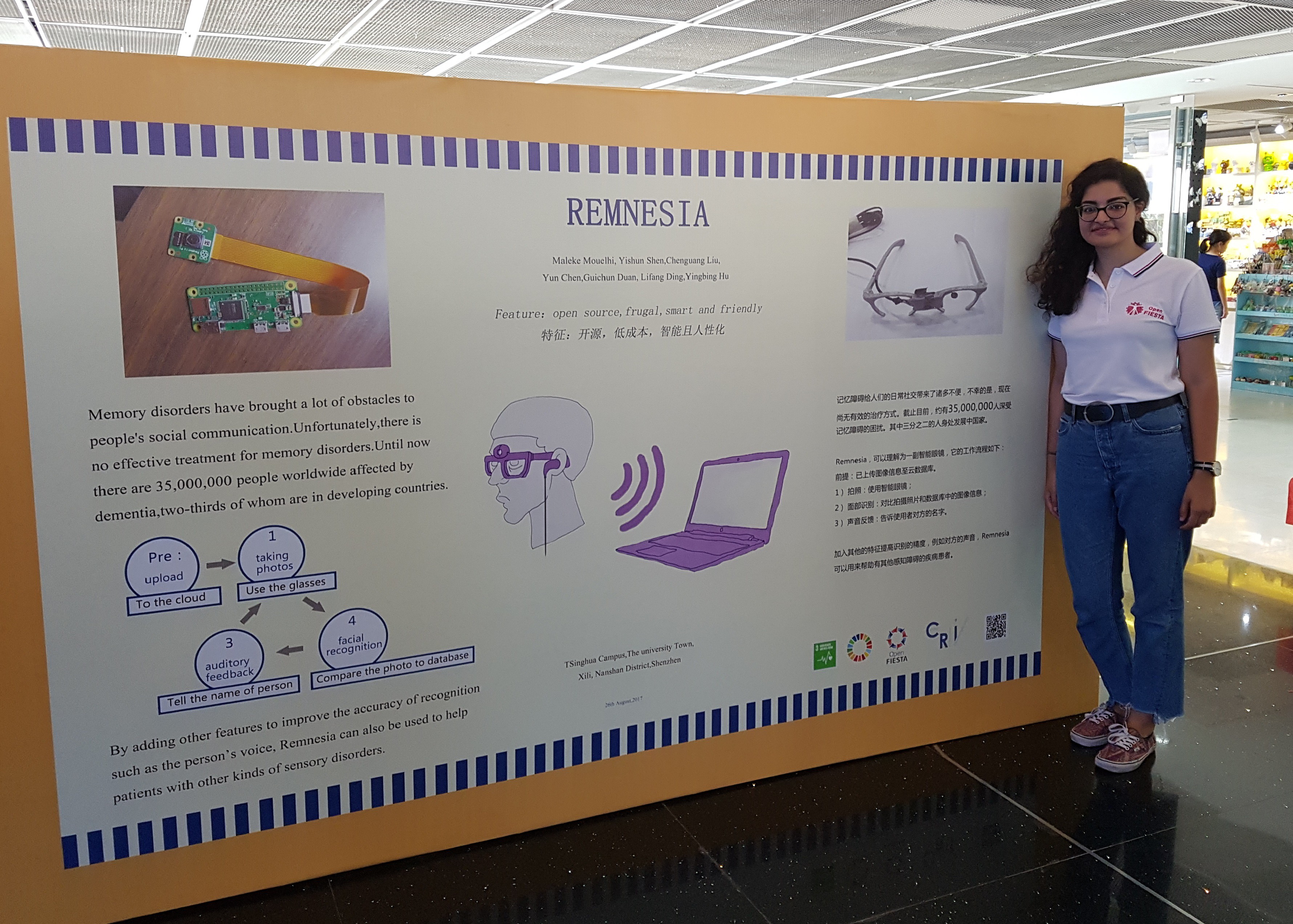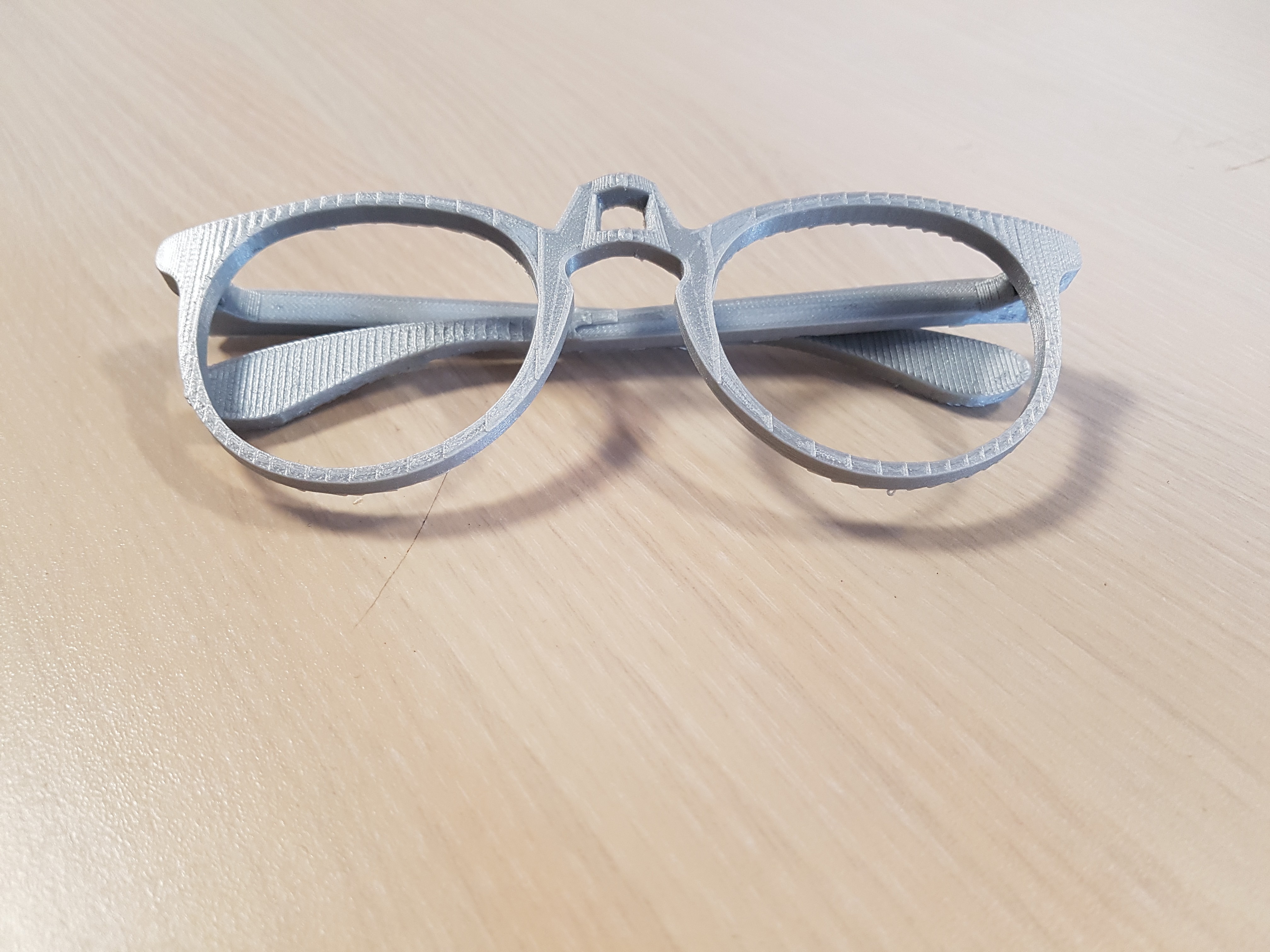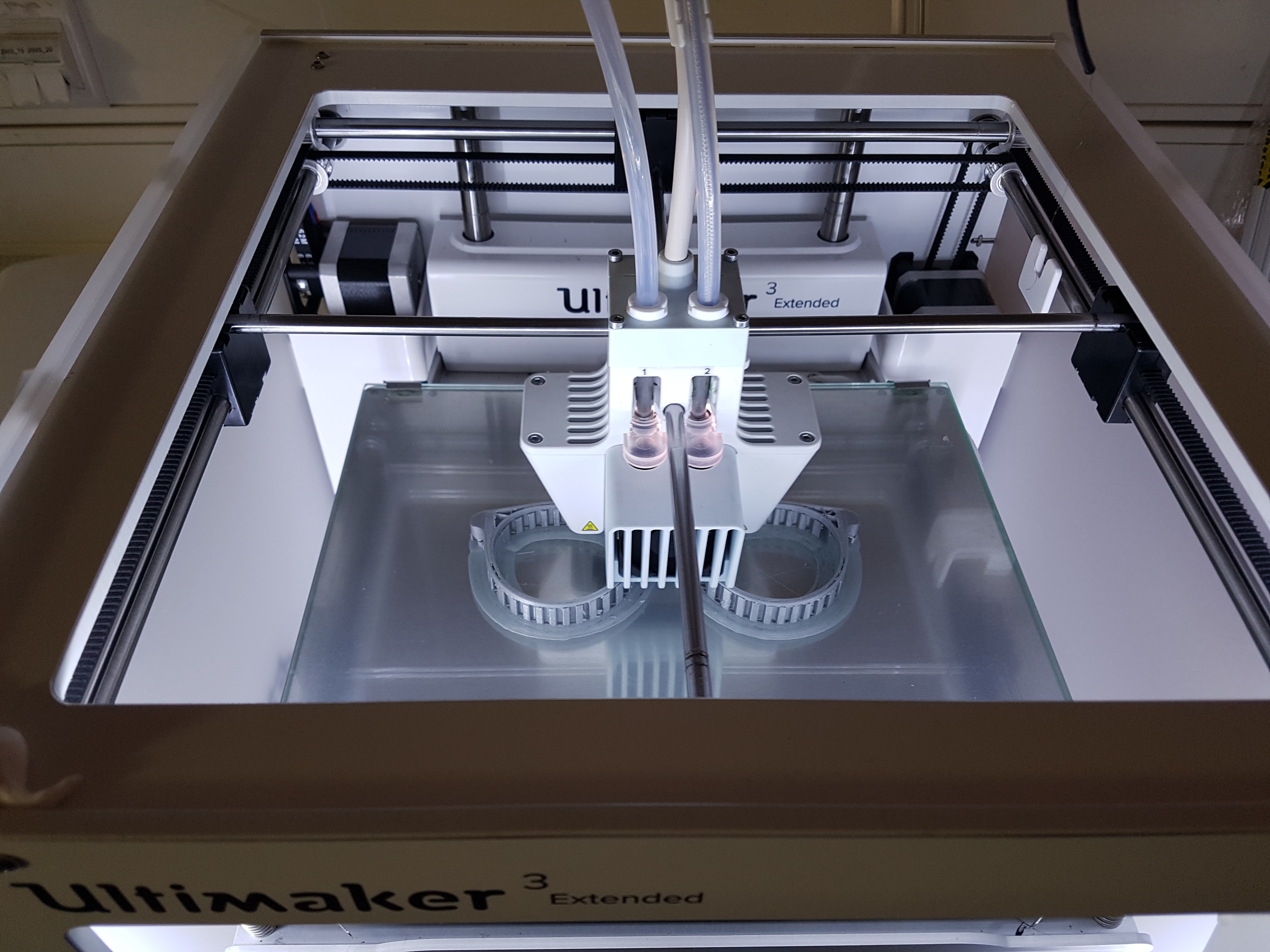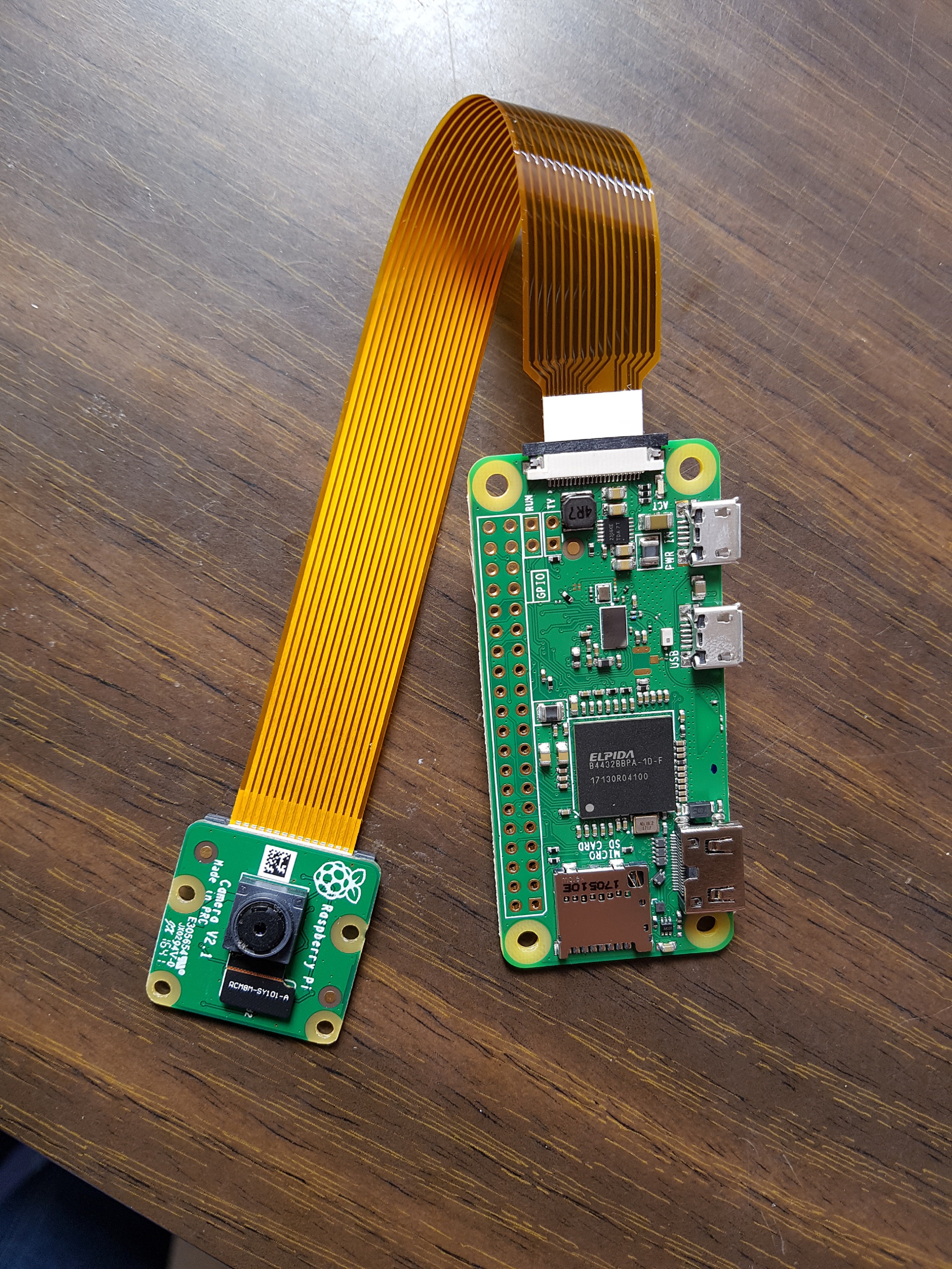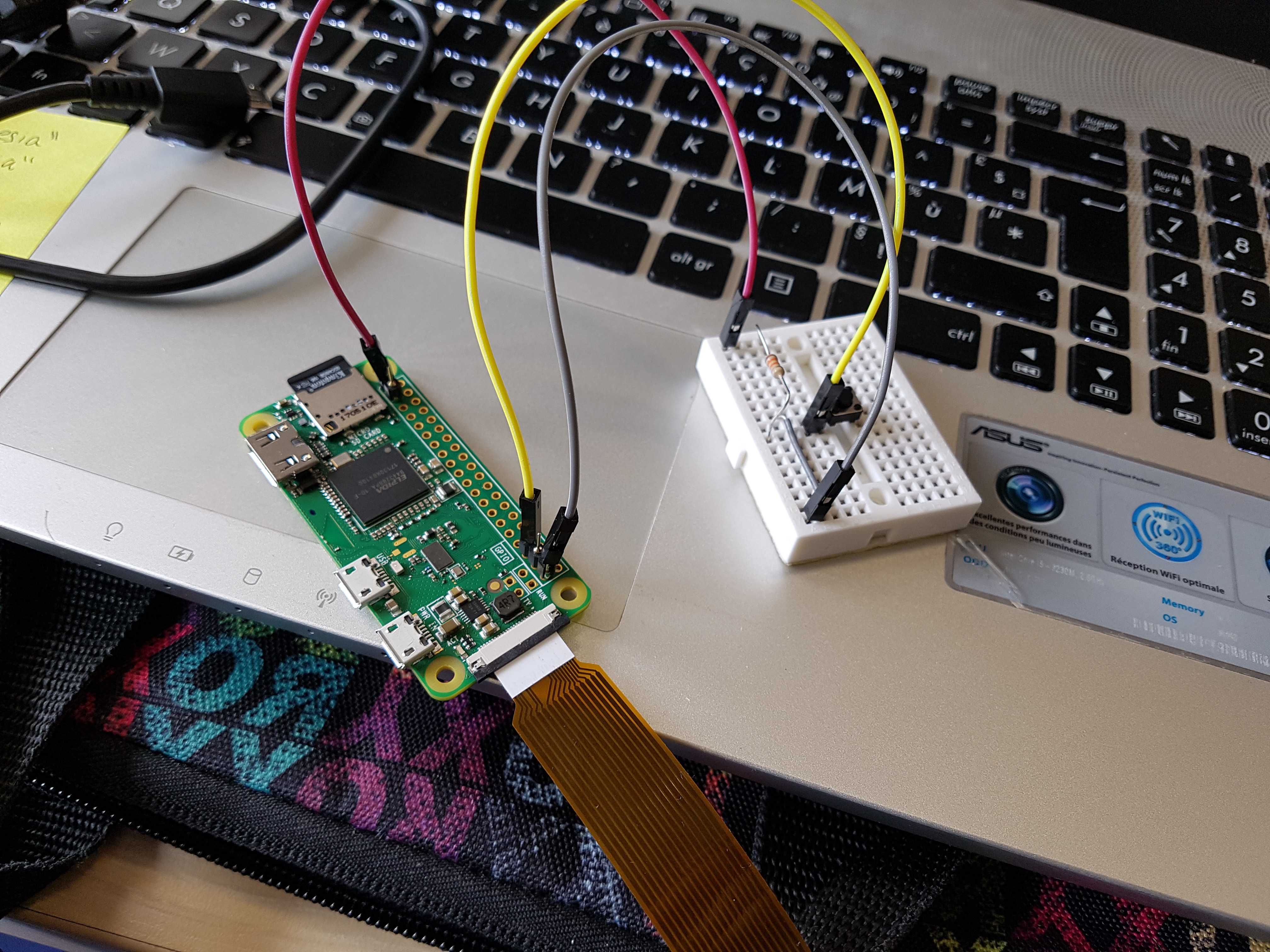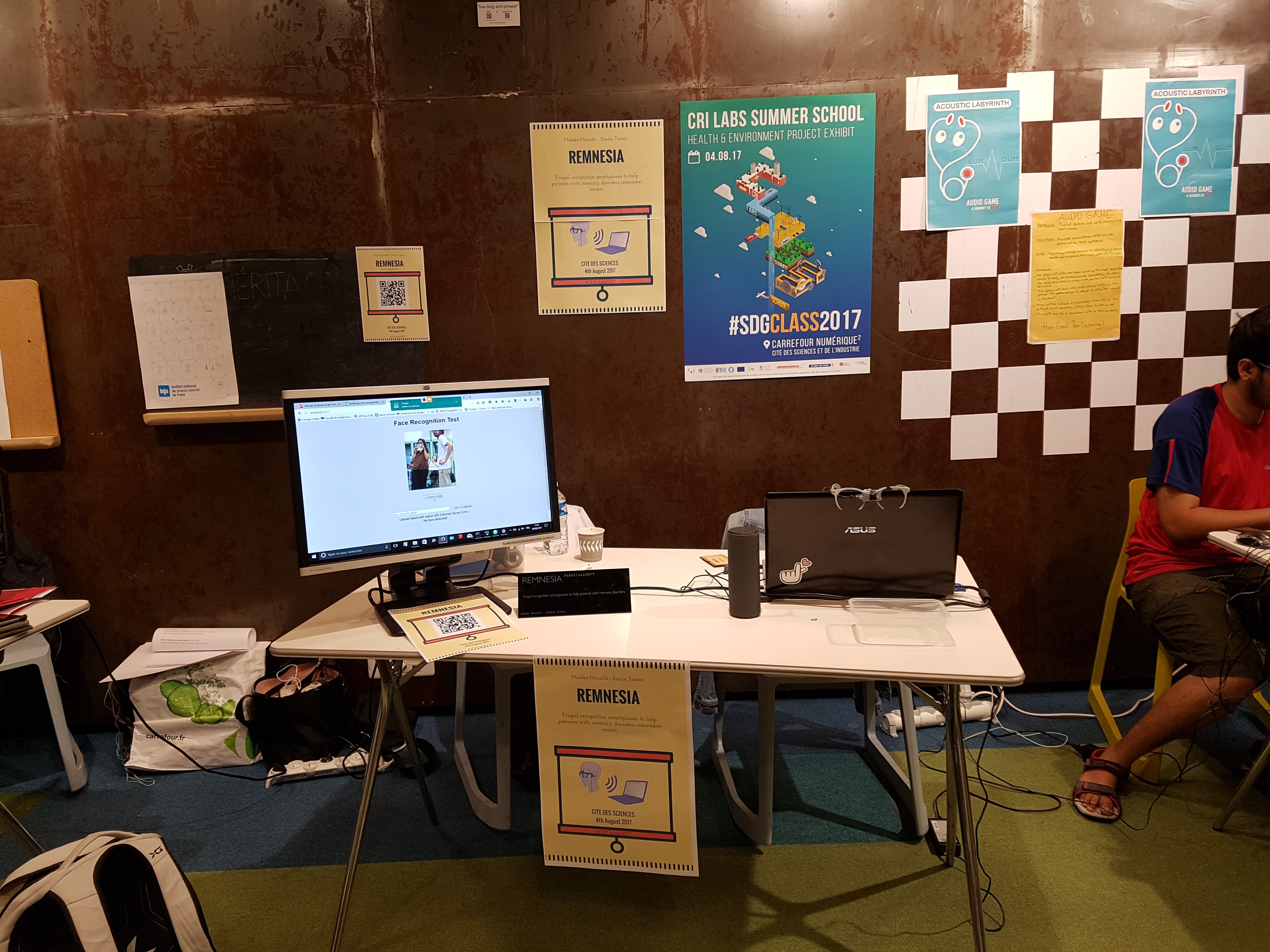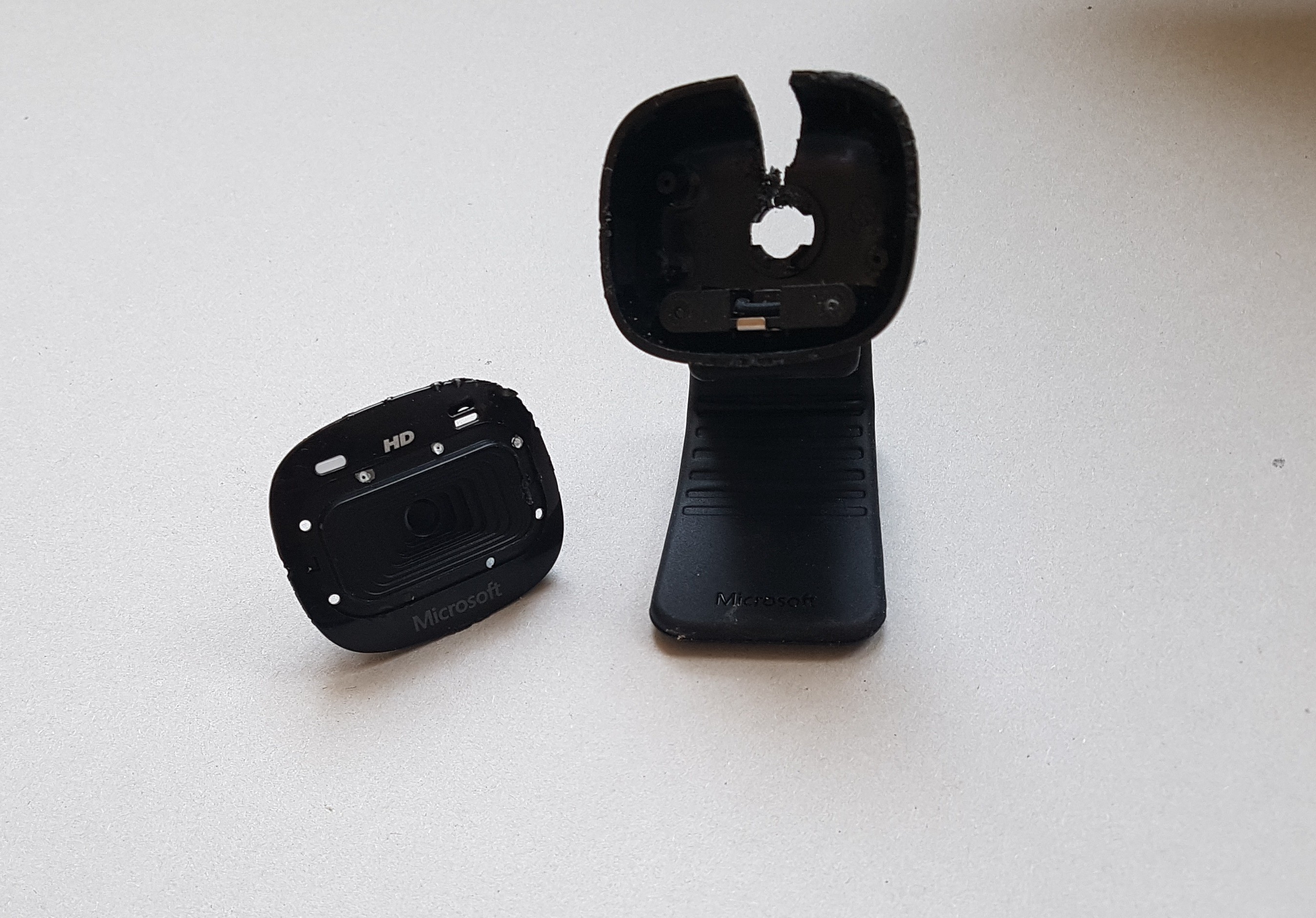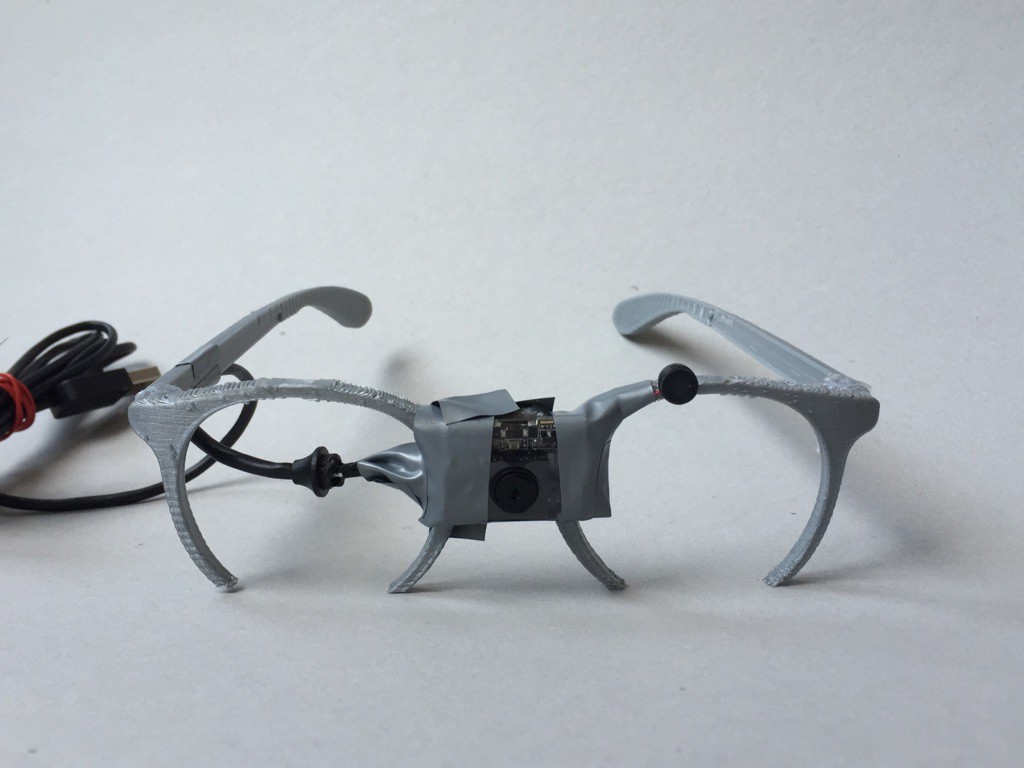What are memory disorders?
Memory disorders are the result of damage to neuroanatomical structures that hinder the storage, retention and recollection of memories. Memory disorders can be progressive, including Alzheimer's disease, or they can be immediate including disorders caused by head injuries.
The most common disorder is dementia. [Dementia]
Which refers to a large number of disorders characterized by the progressive deterioration of the thinking ability and memory as the brain becomes damaged. It can be categorized as reversible or irreversible. There are several types of memory disorders which can have different degrees: Agnosia, Alzheimer’s disease, Amnesia or Traumatic brain injury.
To know more about these several types of memory disorders [Read more].
Moreover, incidence and prevalence of memory problems vary and depend on the type. Amnesia affects approximately 20 percent of people over the age of 70. And according to Alzheimer's Disease International, approximately 35 million people worldwide suffer from dementia and about two-thirds of these people live in developing countries. For these reasons, I want to provide a cheap solution to counter the issues that affect public health.
Why is it important to build a frugal device for patients with memory disorders?
- Help/Support in their daily life: live without caretakers
- Allow patients’ cerebral reeducation
- Facilitate communication between people. Patient with a certain type of amnesia loses the ability to create new memories, it seems like a form of torture for him/her, and forces the patient to live in a haze of confusion and fear for decades.
- No treatment is currently available to cure memory disorders or to alter its progressive course
What are the principal goals for cognitive impairment care?
- early diagnosis in order to promote early and optimal management
- optimizing physical health, cognition, activity and well-being
- detecting and treating challenging behavioral and psychological symptoms
- providing information and long-term support to careers.
Memory disorders, and more specifically dementia, are overwhelming for the families of the affected people and their careers. Physical, emotional and economic pressure can cause great stress to families and careers, and support is required from the health, social, financial and legal systems.
